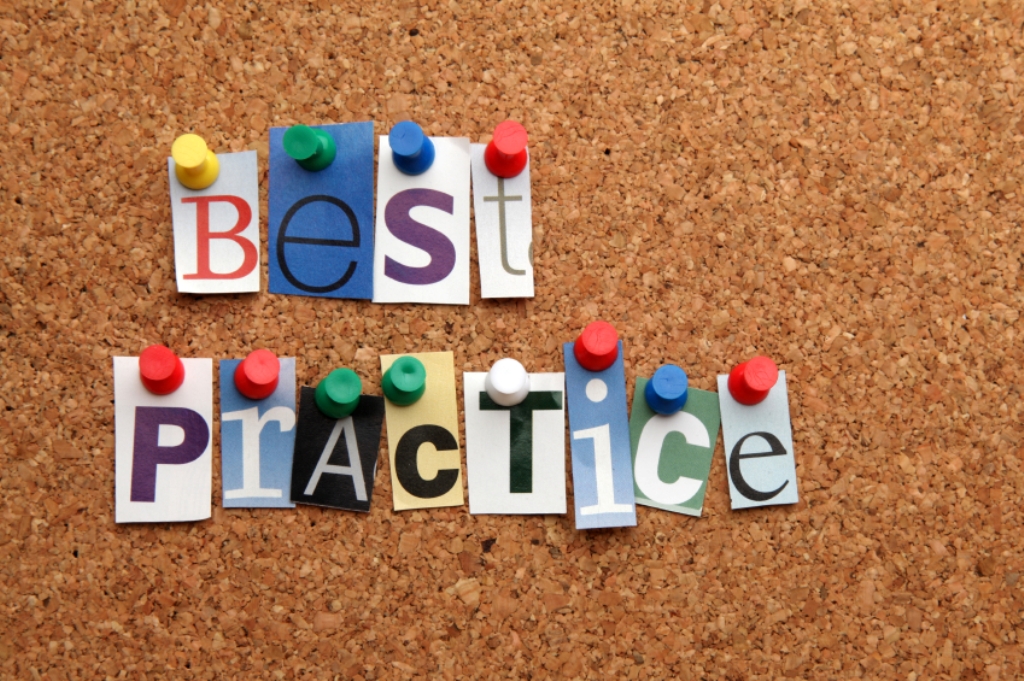
Top 10 Ways to Improve Your Memory
Memory is one of the trickiest and most mysterious things in the human mind. It provides you with all the information that is already stored about different things you learned and situations you experienced before whenever you need it. It shapes the way you see the world right now since all the information that you gain throughout your life lies safe in your memory. But things are not easy as they may seem. Your memory can fool you and create things that did not happen or simply slip the ones that did. In order to avoid such things and protect your memory from deterioration, read the following list with the intention of improving your memory.
10 Get enough sleep
It is very important to mention that sleeping affects focus and different types of memory. People who wake up for long hours or suffer from sleep deprivation may find themselves unable to put words in order while speaking and remember things in the same order they happened.
9 Watch your diet
A good diet plays an important role in improving your memory. Foods rich in omega3 and vitamin B are known to boost memory abilities. Recommended kinds of food include seafood, nuts, vegetables and fruits. Different kinds of juice are also good for your mind simply because water is the most important thing to consume for the life of your cells.
8 Calm down
Stress is the worst service you would deliver to your neuronal cells and cognitive abilities. Like a monster, it devours the best of your mind and stands like an impediment in the way of further progress. Enjoying your downtime, having fun and taking break every now and then will help your memory improve.
7 Keep things in place
Assigning a specific place for the things you look for on a daily basis will help you to quickly and easily find them the same way you calculate 2 plus 2 in your mind. You are thus giving more room for more important things to busy you rather than other trivial matters such as your lost socks.
6 Write notes
As a way to help yourself remember you can write notes to yourself and stick them where you work, it might be on your computer or on a more organized board. If you are a student, you can use flash cards to help you remember. It works like this, you write a term on one side and the definition on the other one. Using colored flash cards will add an extra helping factor.
5 Shuffle
You are used to a specific setting in your work or room, a certain standard in the way you dress and even your road to work. Try to shuffle your papers, namely the important elements in the surroundings; like changing the place of the chair to remember to do something.
4 Use more than one sense
When you employ different senses like smell for example you will do better. You can associate a specific smell with a specific type of work, material or subject. Moreover you can use visual aids like colorful pens and markers in writing to create marks for yourself as well as improving your artistic touch.
3 Take your time
Memorizing needs time, but not so much of it. Cramming will not do anything good for you, so do not try it. When you give yourself the time you need in order to keep something in your mind, chances are you will remember them easily in the future.
2 Practice
As the adage goes “Practice makes perfect”. This is true for your memory as it is for anything you learn. Once you are faced with something new and want to keep it in mind, do not fling. All what you have to do is to try to practice the previous steps consistently. Because you are in the position of forming new habits, you have to start off patiently.
1 Think Positive
Positive thinking is highly essential for you and your memory. The idea you have about yourself is like a self-fulfilling prophecy; in other words, you are what you think about. So, keep it positive.


















